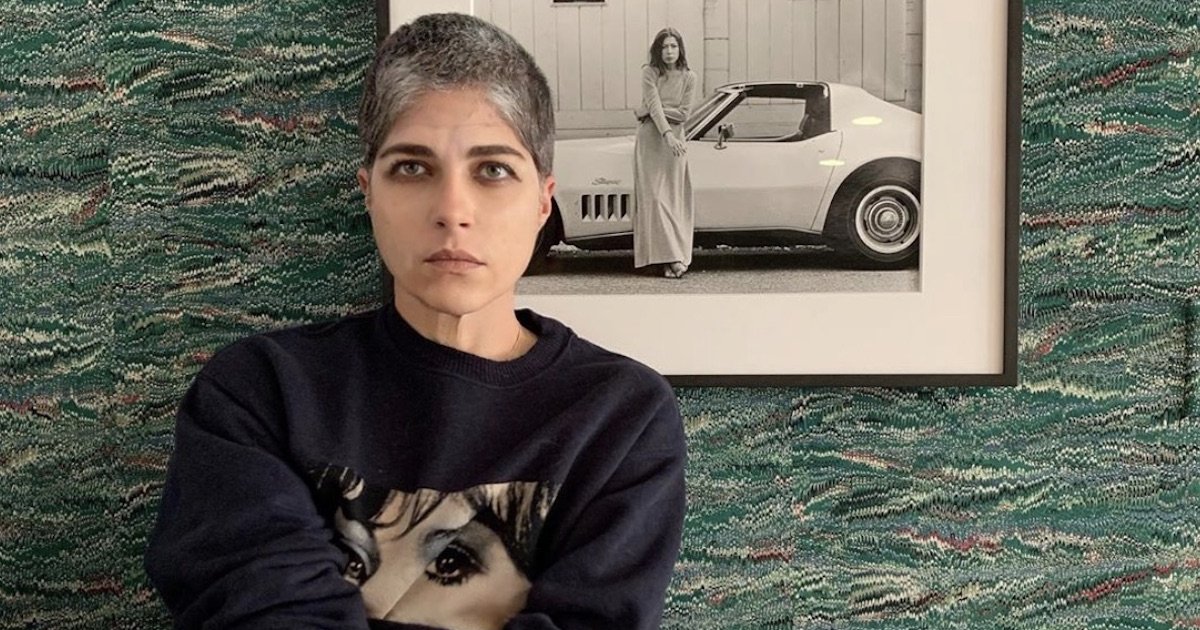Like many in the SurvivorNet community, Selma Blair knows that some days, no matter how positive you try to be, you can feel swallowed up by fear. Now, in an incredibly moving post, the actor — diagnosed with multiple sclerosis, and who underwent chemotherapy as part of her treatment — shares feelings of vulnerability and the pain she lives with on a daily basis.
RELATED: Why Is Actress Selma Blair Getting Chemotherapy For Multiple Sclerosis?
Read MoreEven a small injury can be incredibly taxing for her, she says: “I stepped wrong last week. In the street. I don't remember it happening. Or the pain. I was told. And my ankle is sprained and it makes me feel even more fragile. A simple ankle sprain.”
While acknowledging that she’s “lucky on a million counts,” Blair expressed some deep-seated fears: “I am still feeling alone and vulnerable and scared about the future as a single mom. I'm not dying any more than anyone. I am just hurting. It feels like I am just breaking down.”
But at the end, as if sharing her feelings helped lift a weight, she writes, “May the silver lining surround us all. And guide us out of the darkest. Thank you all for being the biggest loves.”
Selma Blair's MS and Chemotherapy Journey
Blair, a star of “Legally Blonde” and "Cruel Intentions,” revealed she had multiple sclerosis in October 2018, after suffering for years with unexplained symptoms like falling, dropping things, and foggy memory.
Blair publicly revealed that she was undergoing chemotherapy treatment last August:
As a result, she said, she was having problems with her vision.
Related: Actress Selma Blair Embraces the Patchy, Grey Hair She's Growing Back After Chemo
Chemotherapy and Vision
While we don’t know the specifics of Blair’s vision issues, chemotherapy, hormone therapy, immunotherapy and steroid medicines may increase the risk of cataracts. Cataracts are a problem in which the lens of your eye becomes cloudy. Cataracts can cause:
- Blurred, cloudy, or double vision
- Sensitivity to light
- Trouble seeing at night
Some chemotherapy drugs can cause dry eye syndrome. This is a problem in which your eyes do not produce enough tears. Symptoms include feeling as if your eyes are dry or have something in them.
Learn more about SurvivorNet's rigorous medical review process.


